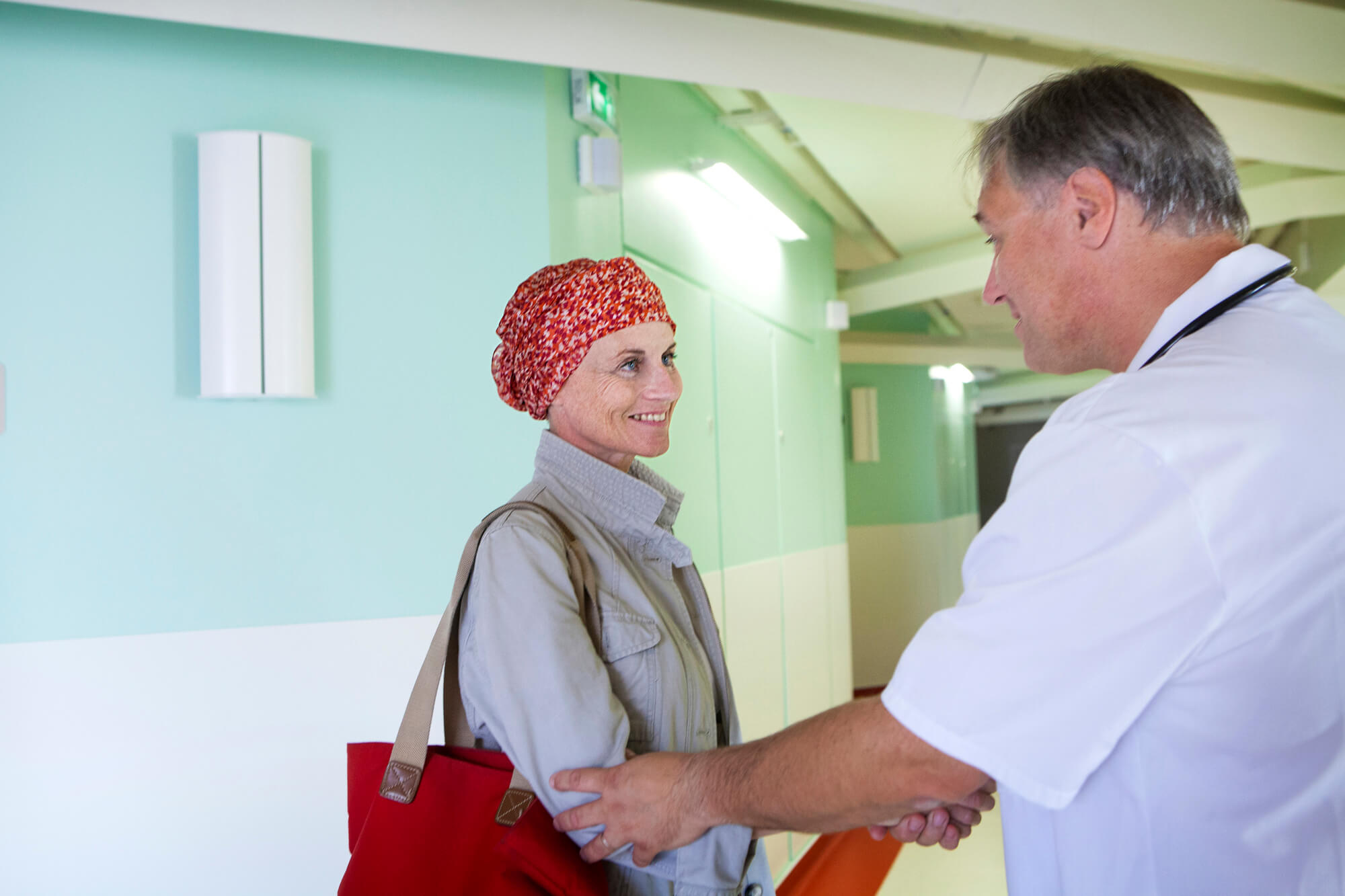Patients with breast cancer have a greater chance of survival now than in decades past. Per data from the US Centers for Disease Control and Prevention (CDC), individuals who were diagnosed with breast cancer between 2001 and 2016 had a 5-year survival rate of 89%.¹ As diagnostic testing is finding breast cancer earlier, and new and improved treatments are becoming available, patients have a better chance of survival. Medical professionals have to prepare their patients not only for treatment but for survivorship.
In a recent study published in BMC Cancer, researchers looked at dozens of studies and found an association between a number of psychosocial variables and quality of life in breast cancer survivors.² As these individuals prepare to resume a normal life, what are some quality-of-life factors you should be discussing with them?
- Interpersonal social support
Having a supportive social group contributes to patients’ quality of life and emotional well-being. According to the studies examined by the researchers, higher levels of perceived support correlated with a higher quality of life. Advise your patients of the importance of maintaining contact with family and friends.
- Fatigue
Fatigue is frequently encountered in those undergoing cancer treatment, but patients may not expect it to persist afterward and can be affected both physically and emotionally. Fatigue can also be linked to anxiety and depression, which are common psychosocial factors affecting quality of life in breast cancer survivors. Most studies the researchers examined concluded that higher levels of depression meant a lower quality of life.
- Uncertainty and fear of illness
Fear of recurrence may be a difficult topic to broach with patients for whom cancer treatment has been successful. But fear of recurrence, and the general uncertainty of illness in such a vulnerable state, was found to be associated with a decline in emotional well-being and a subsequent lower quality of life in these patients. It is important to discuss these concerns with your patients and share stress-reduction tools so that they can cope with the uncertainty that accompanies cancer survivorship.
- Posttraumatic growth
Patients can experience positive outcomes following a traumatic event such as cancer, and the researchers found that higher levels of this posttraumatic growth correlated with a higher quality of life. This was not fully conclusive as only 2 studies focused on posttraumatic growth; however, it is still useful to discuss with your patients that they may experience positive psychological change as a result of surviving cancer.
- Optimism and coping
Ultimately, coping strategies may be the most important psychosocial factor to discuss with your patients. The investigators found that higher levels of optimism correlated with higher quality of life, and certain coping strategies like wishful thinking and self-distraction correlated with lower quality of life. Active vs passive coping tended to lead to a higher quality of life, as well. Coping strategies that involve an emotional support group and less isolation are key to improving quality of life through cancer survivorship.
References
- U.S. Cancer Statistics: Breast cancer stat bite. Centers for Disease and Control website. https://www.cdc.gov/cancer/uscs/about/stat-bites/stat-bite-breast.htm. Reviewed June 8, 2020. Accessed December 3, 2020.
Culbertson MG, Bennett K, Kelly CM, Sharp L, Cahir C. The psychosocial determinants of quality of life in breast cancer survivors: a scoping review.BMC Cancer. 2020;20(1). doi:10.1186/s12885-020-07389-w
